During the 1920s, alcohol was illegal in the United States due to Prohibition, but that didn’t stop people from drinking.
With speakeasies, bootleggers, and hidden flasks, new slang terms for alcohol emerged to help people talk about booze without drawing too much attention.
Some of these words have stood the test of time, while others are relics of a bygone era.
Let’s take a look at some of the most common slang terms for alcohol from the Roaring Twenties.
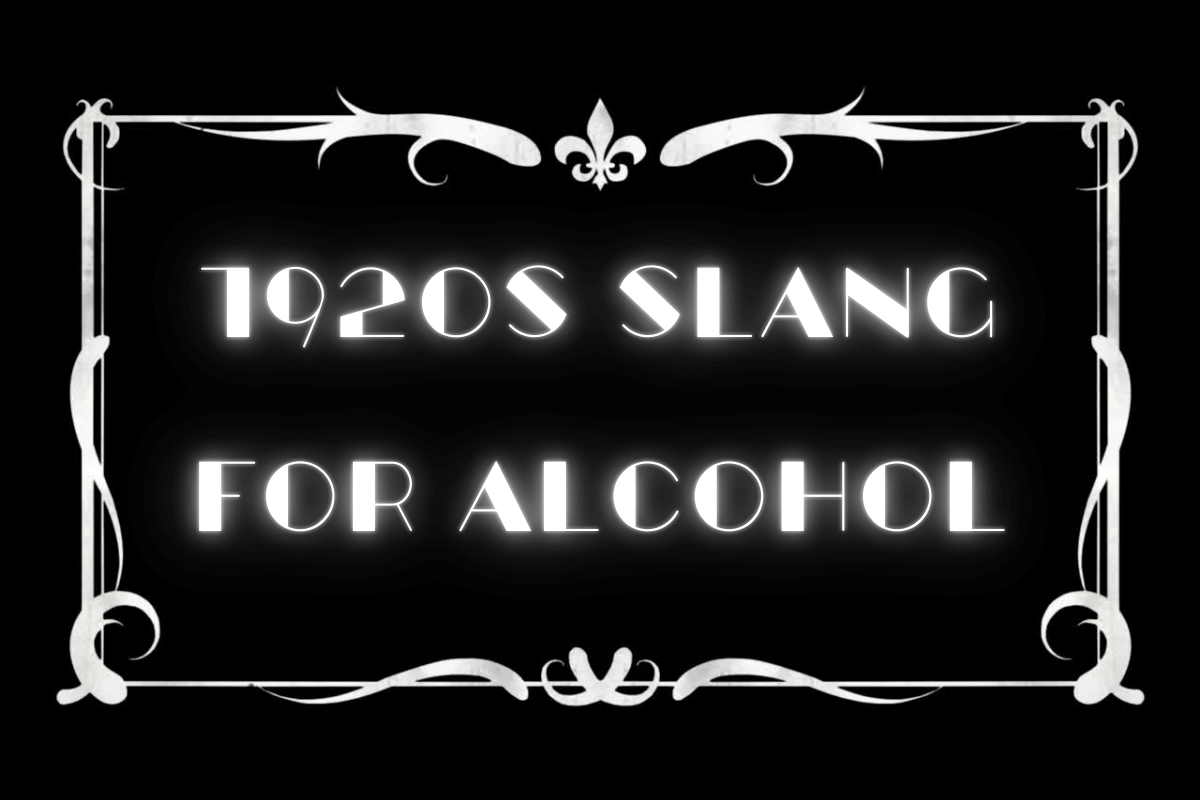
1920s Slang For Alcohol
Bathtub Gin
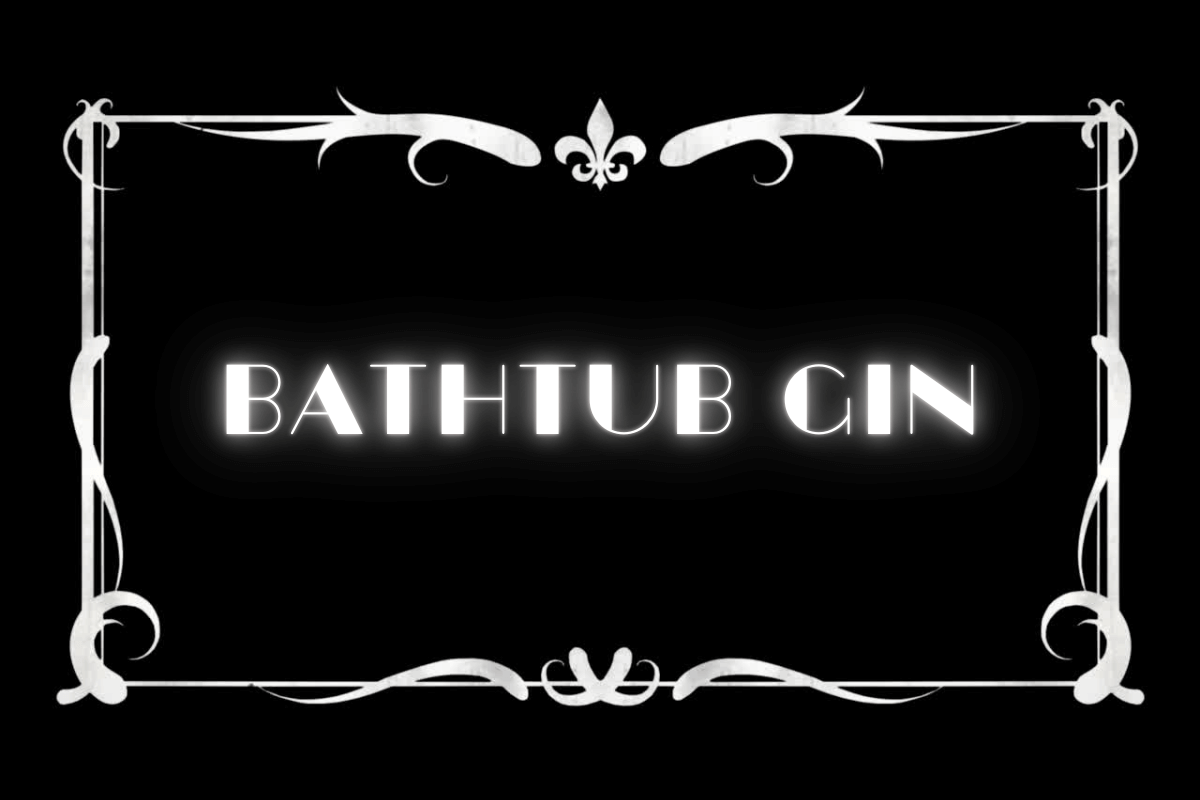
“Bathtub gin” was a term for illegally produced liquor, often mixed in bathtubs due to improper distilling equipment.
It was known for being harsh and sometimes dangerous to drink.
Examples in sentences:
- “That bathtub gin nearly knocked me out!”
- “Speakeasies served a lot of bathtub gin during Prohibition.”
- “Desperate for a drink, he brewed his own bathtub gin.”
- “The quality of bathtub gin varied wildly depending on the maker.”
- “They smuggled real whiskey to avoid drinking bathtub gin.”
Booze
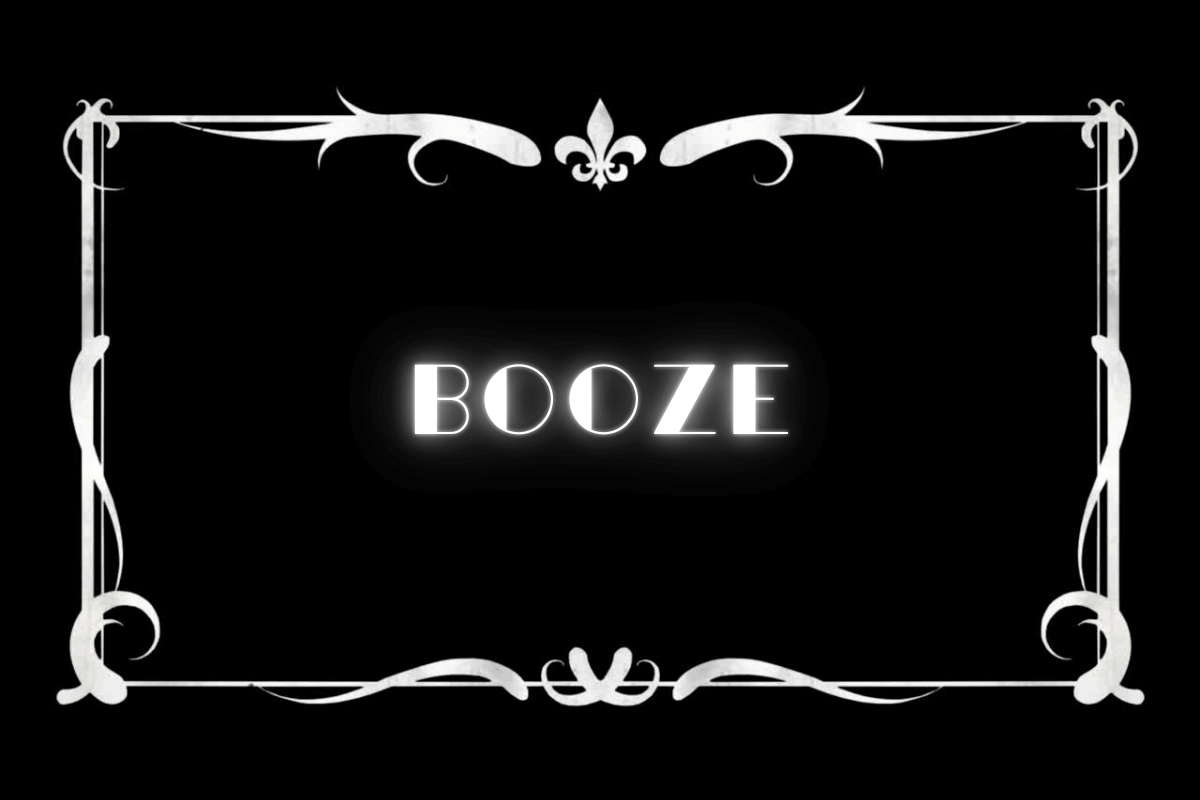
“Booze” was widely used in the 1920s and has remained a common way to refer to alcohol.
It dates back to the 14th century and became even more popular during Prohibition.
Examples in sentences:
- “Where can we get some booze tonight?”
- “That bootlegger sells the best booze in town.”
- “I could use a bit of booze after that long day.”
- “He got caught smuggling booze across the border.”
- “No booze at this party? What a shame!”
Devil’s Brew
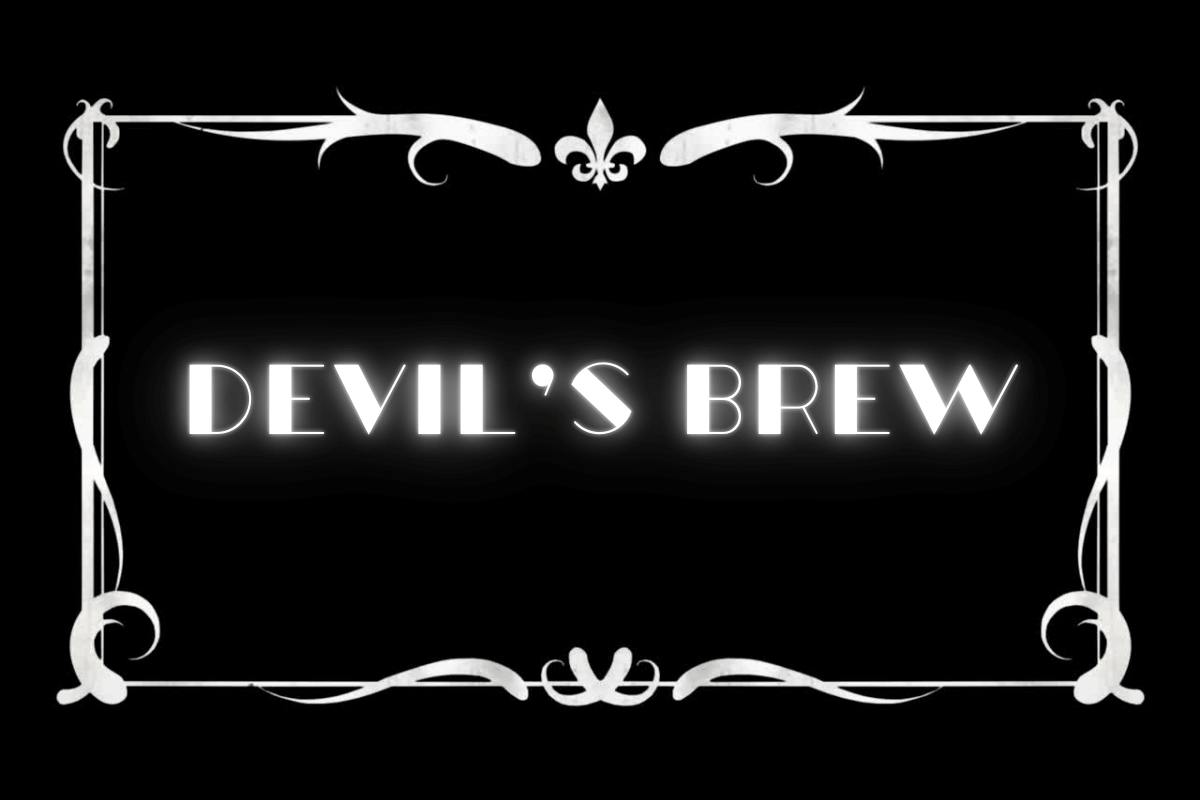
“Devil’s Brew” was often used by those who supported Prohibition, implying that alcohol was dangerous and led to moral downfall.
Though dramatic, it was a widely understood phrase in the 1920s.
Examples in sentences:
- “Stay away from the devil’s brew, young man!”
- “They say the devil’s brew will ruin your life.”
- “Preachers warned against drinking the devil’s brew.”
- “He swore off the devil’s brew after too many rough nights.”
- “Prohibition was meant to rid society of the devil’s brew.”
Giggle Water
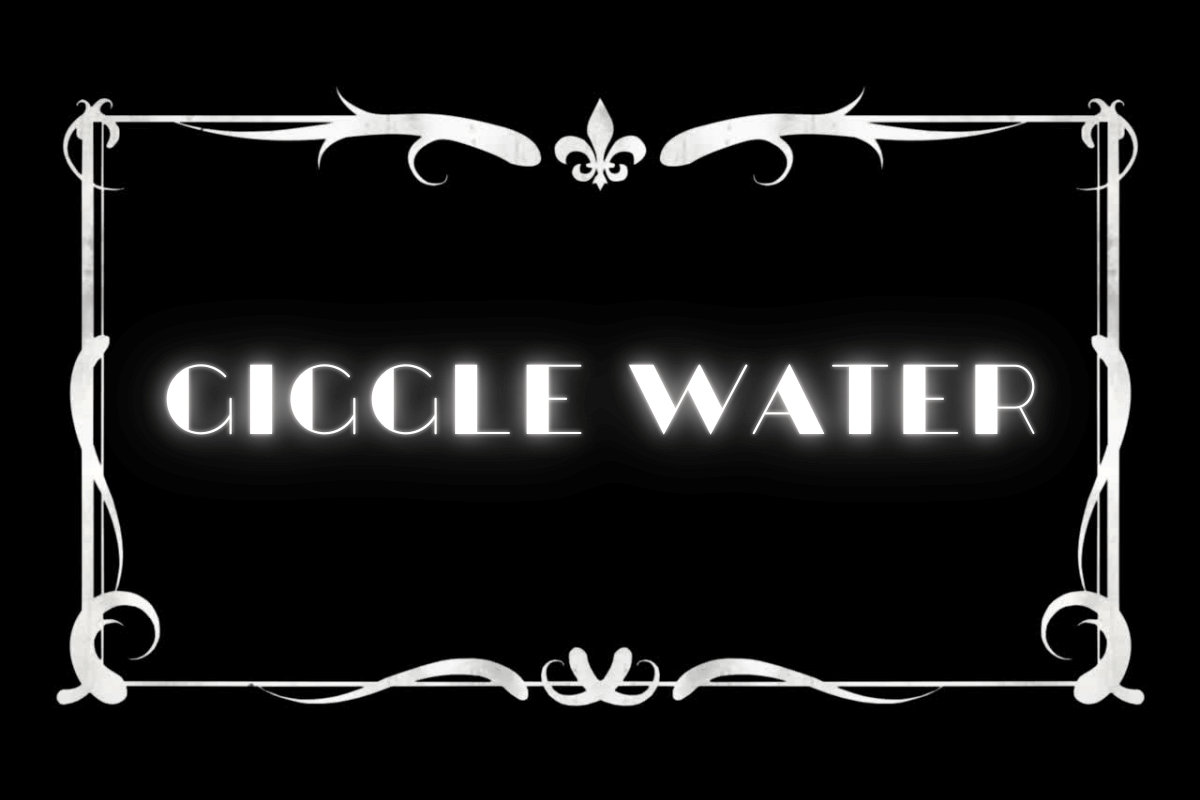
“Giggle water” reflected the lighthearted effects of drinking, often used to describe bubbly, fun drinks like champagne.
It was popular in the Roaring Twenties but has mostly faded from use today.
Examples in sentences:
- “A little giggle water never hurt anyone.”
- “She ordered a glass of giggle water at the speakeasy.”
- “Let’s grab some giggle water and celebrate.”
- “That giggle water hit me harder than expected.”
- “During Prohibition, giggle water was hard to come by.”
Hooch
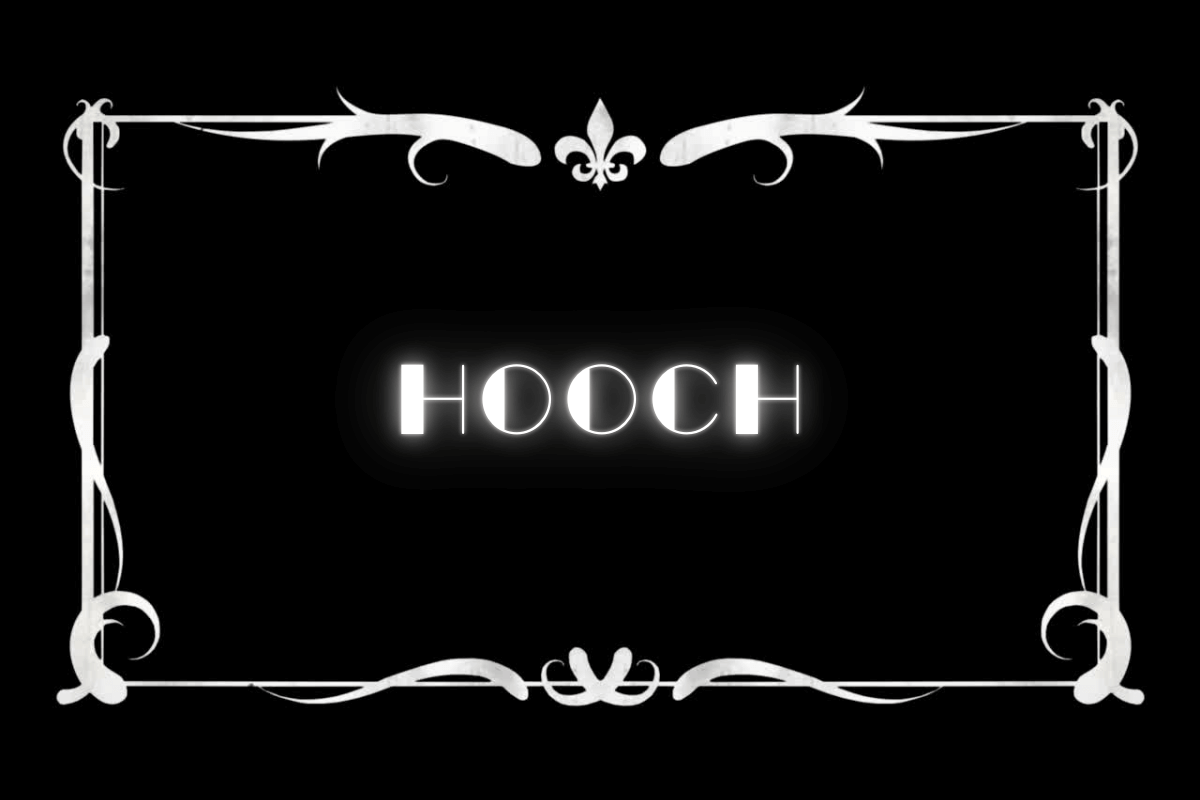
“Hooch” originated from the Tlingit word “hootchinoo,” which referred to homemade liquor.
During Prohibition, it became a popular term for bootlegged alcohol, often of questionable quality.
Examples in sentences:
- “That hooch will knock you off your feet!”
- “Bootleggers made a fortune selling hooch.”
- “He’s been drinking too much hooch again.”
- “You never know what’s really in that hooch.”
- “The speakeasy had plenty of hooch for everyone.”
Juice
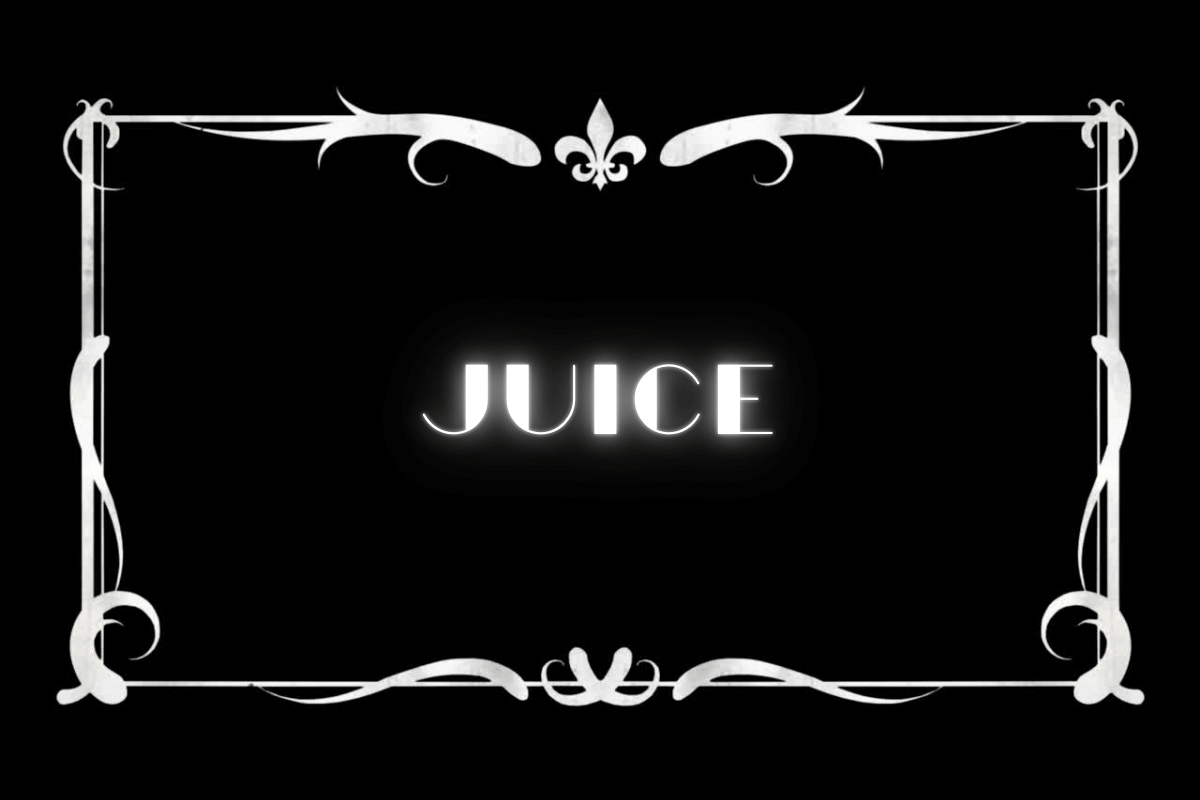
“Juice” was a casual way to refer to alcohol in the 1920s.
While it could mean any drink, it was especially used for stronger spirits.
The term is still in use today in some contexts.
Examples in sentences:
- “Pass me some of that juice.”
- “Too much juice and he starts talking nonsense.”
- “That juice hits harder than I expected.”
- “He stashed some juice in his flask before heading out.”
- “They smuggled juice in from Canada to sell in speakeasies.”
Liquor
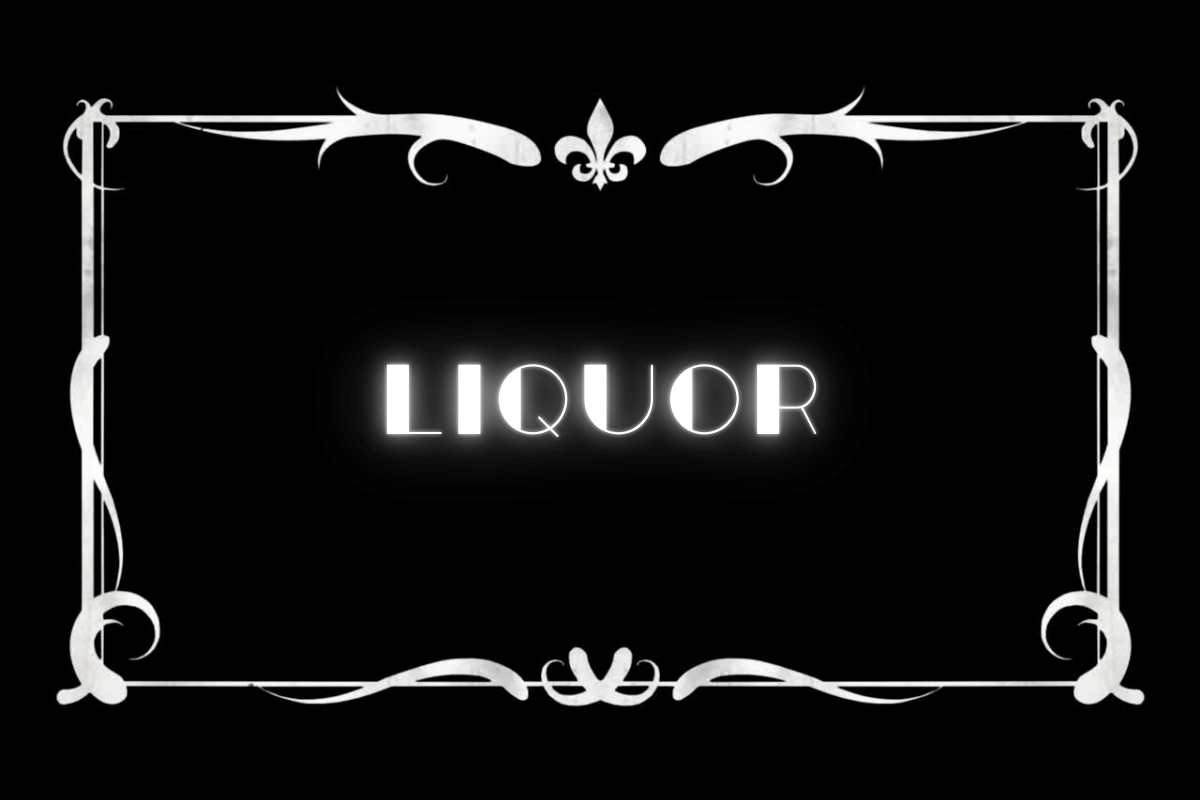
“Liquor” was widely used in the 1920s and remains a common term today.
It refers specifically to distilled spirits like whiskey, gin, and rum, rather than beer or wine.
Examples in sentences:
- “He kept a stash of liquor hidden behind the bar.”
- “Liquor was illegal during Prohibition, but people still found ways to get it.”
- “A sip of that liquor will warm you up quick!”
- “The gang smuggled liquor across the border.”
- “She preferred liquor over beer or wine.”
Moonshine
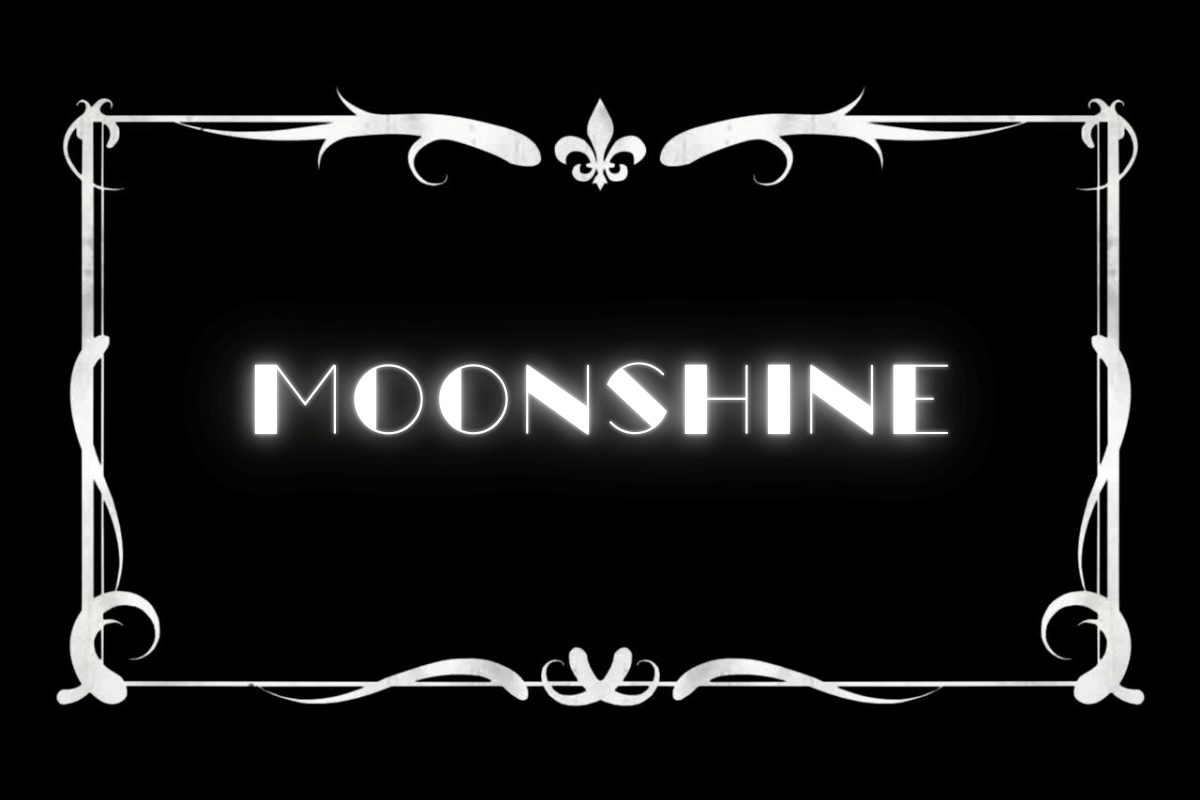
“Moonshine” became famous during Prohibition, referring to strong, often dangerous liquor brewed in hidden locations, usually at night.
The term is still used today for homemade spirits.
Examples in sentences:
- “That moonshine is stronger than anything you’ll buy in a store!”
- “They brewed moonshine deep in the woods to avoid getting caught.”
- “Moonshine could be deadly if made improperly.”
- “His grandpa used to make moonshine during Prohibition.”
- “They passed around a jar of homemade moonshine.”
Rotgut
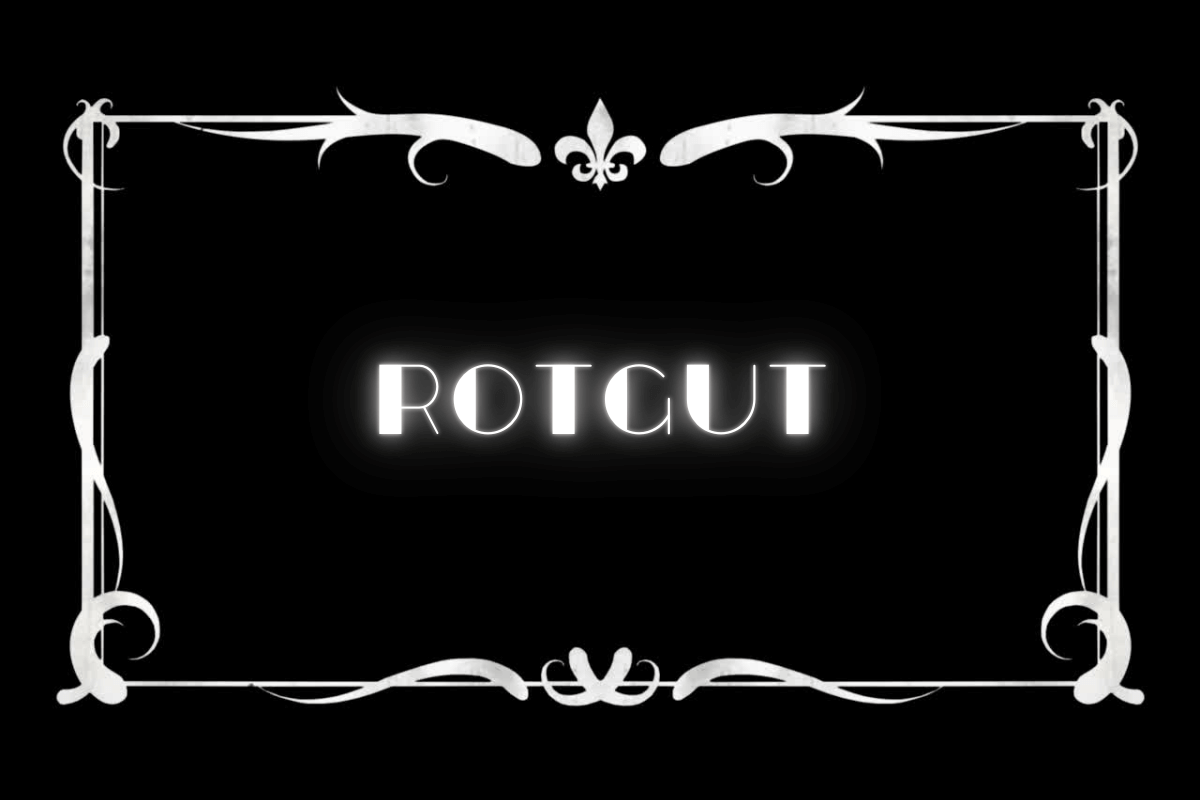
“Rotgut” was a slang term for low-quality liquor, often bootlegged and unregulated.
Many people got sick or even died from drinking rotgut during Prohibition.
Examples in sentences:
- “I wouldn’t drink that rotgut if you paid me!”
- “Bootleggers sometimes used toxic chemicals in their rotgut.”
- “That rotgut burns all the way down.”
- “He mixed rotgut with fruit juice to make it drinkable.”
- “The speakeasy served some questionable rotgut last night.”
Sauce
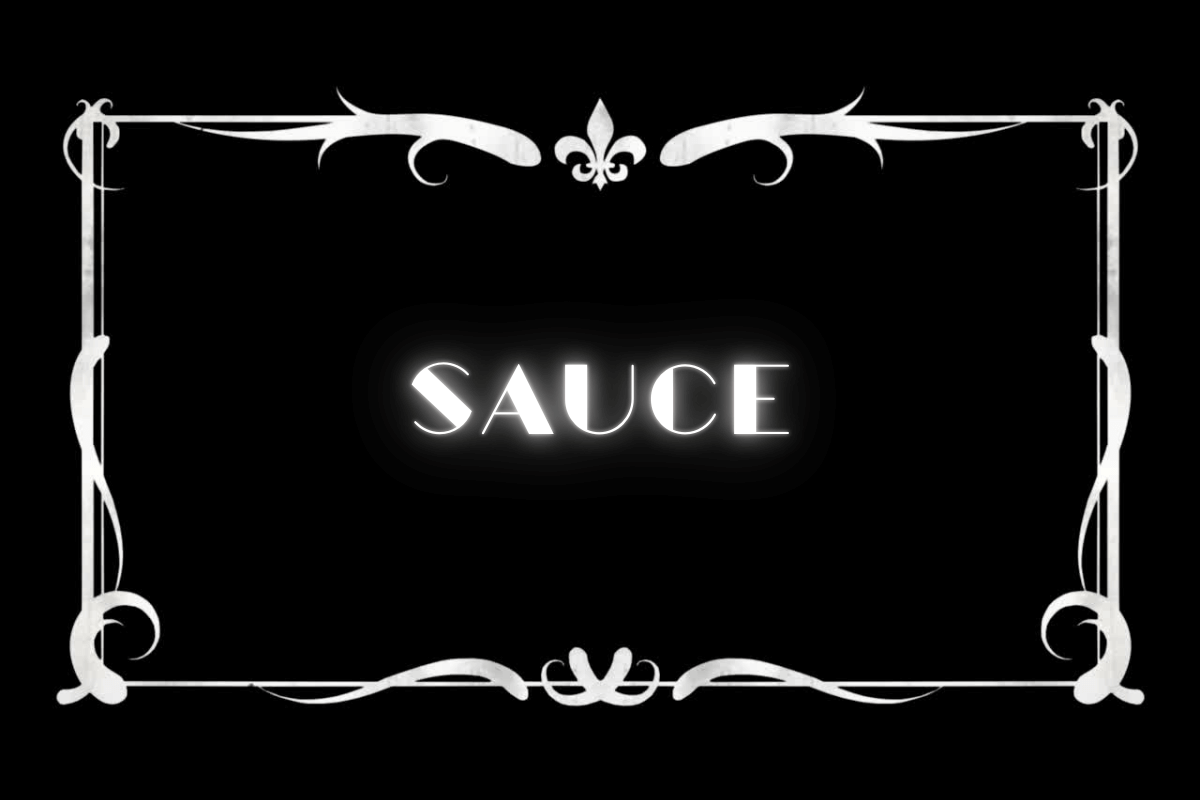
“Sauce” was a lighthearted way to refer to alcohol in the 1920s.
Someone who drank too much was said to be “on the sauce.”
This term remains popular today.
Examples in sentences:
- “He’s been on the sauce all night.”
- “They ran out of sauce halfway through the party.”
- “That guy really likes his sauce.”
- “A little sauce makes everything more fun.”
- “Stay off the sauce if you’ve got work tomorrow.”
Alcohol may have been illegal in the United States during the 1920s, but this did not stop it from being consumed.
For better or worse, people wanted alcohol, and they would get it whether legally or illegally.
At the same time, they didn’t want to get caught, so using these euphemisms to describe it was the perfect way to conceal their true intentions.

